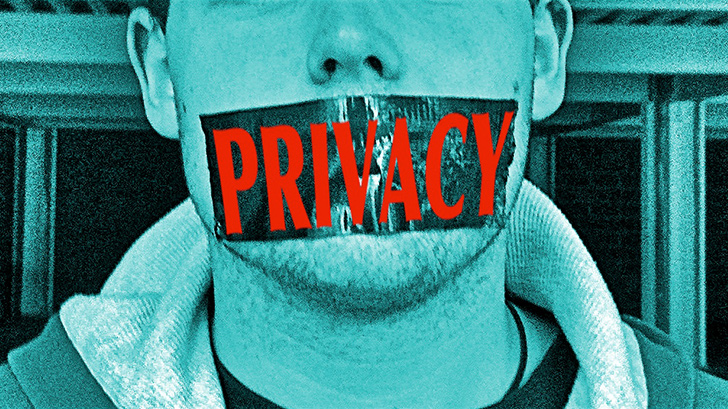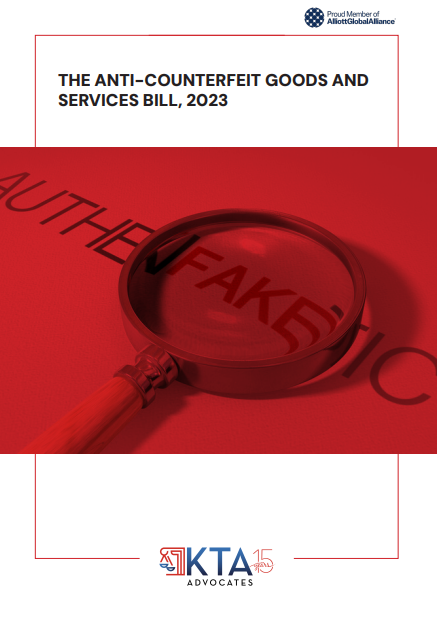This author read with interest an article in Saturday’s Vision about the way in which the Police parades suspects before the media. These parades most often than not get the required media coverage especially if there are celebrities or high profile individuals involved.
The efficacy of these parades is still very much a subject of debate especially where some of the suspects paraded are found guilty by the courts of law and subsequently convicted. The legality of such parades is perhaps where the controversy lays.
While privacy is not always directly mentioned as a separate right in constitutions, nearly all States recognize its value as a matter of constitutional significance. Although this right is enshrined in Article 27 of the constitution, the applicability/and enforceability of the right is a laughable notion in Uganda.
Once the Police parade a suspect(s), the media is quick to publish names and photographs of said suspect(s) even before investigations are complete. This trend has been aggravated by heightened security tensions resulting from terror threats by various insurgents. Photographs of suspected terrorists have in the recent past been published and freely circulated in print & social media. Consequently and through the adversarial nature of these reports, the suspects automatically become public enemies and are guilty before they are tried by competent courts of law.
Once information about a suspected terrorist is published, a quick Google search will in most cases reveal personal information about the person. Most of this information is provided by the media.
Granted, the right to privacy is not an absolute right. Once an individual is being formally investigated or screened by a security agency, personal information is shared among security agencies for reasons of preventing crime and the right to privacy is almost automatically affected. These are situations where States have a legitimate power to limit the right to privacy under international human rights law.
However, preventing crime shouldn’t be a trump card which automatically legitimates any interference with the right to privacy. There is a very thin line
between careful and controlled release of suspect’s information to aid with investigations and premature release of information without justifiable cause.
Without any real privacy or data protection laws, there is no clear way of determining culpability. Data protection is globally recognized as a distinct human or fundamental right. Some countries have recognized data protection even as a constitutional right, thereby highlighting its importance as an element of democratic societies. The detailed article 35 of the 1976 Constitution of Portugal can be seen as an example of best practice here.
In the absence of clear guidelines, the police must be wary of human rights violations while carrying out investigations. The right to privacy might not be regarded as fundamental compared to the “more important” human rights abuses, but can easily cause an unfortunate miscarriage of justice.
Retired Justice Ralph Ocan while presiding over the Buganda riots case in 2004, attributed the failure of the case to the Police and the prosecution; who in their desire to achieve a conviction at all costs totally ignored the fundamental duties imposed by all of them by the Constitution.
Regardless of whether the police is under great pressure to carry out effective investigations, violation of the right to privacy could cost them a much needed conviction.
In some countries, the right to privacy emerges by extension of the common law of breach of confidence, the right to liberty, freedom of expression or due process. In other countries, the right to privacy emerges as a religious value. The right to privacy is therefore not only a fundamental human right, but also a human right that supports other human rights and forms the basis of any democratic society.



